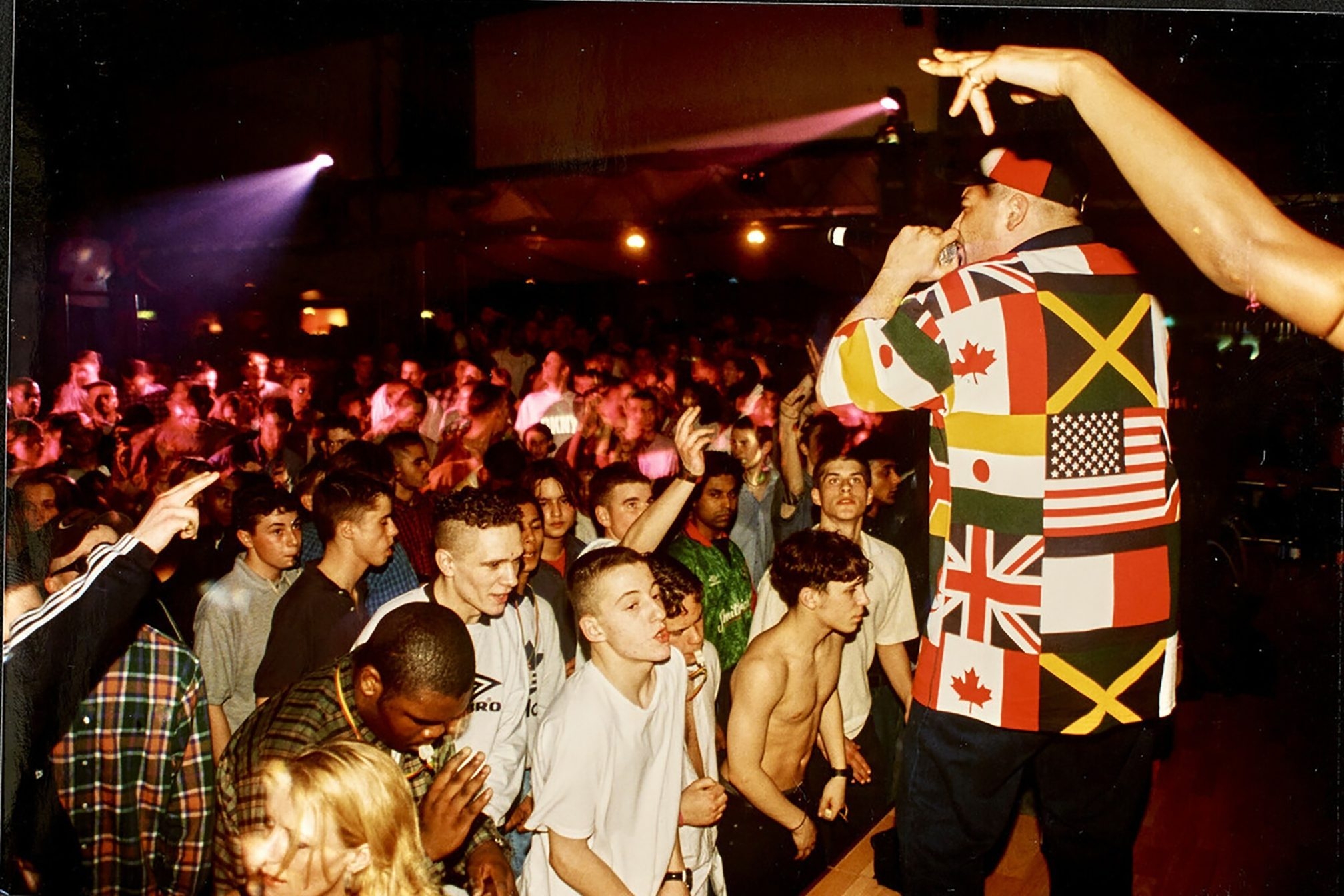 Features
Features
Inside ‘HYPER: The Stevie Hyper D Story’ — could this be the greatest jungle film ever made?
The tragic, triumphant jungle documentary is currently selling out cinemas in the UK. From the world premiere to the directors’ 25-year struggle to honour an underground legend, Ewen Cook goes behind the scenes of an instant classic that has the drum 'n' bass world in a spiritual frenzy
D Double E, Apollo 440 and Warner/Island A&R legend Darcus Beese OBE walk into a bar. No joke: it’s literally the bar of the Odeon cinema on Tottenham Court Road in the heaving heart of London – and Mixmag is struggling to get the popcorn in. This is because a who’s-who of jungle OGs from Jumping Jack Frost to Shabba D are also pulsing through the foyer, it’s way past the 7:30PM start time, the invite-only queue is still stretching out the door, d’n’b classics are blaring from the entrance speakers, and frazzled staff with clipboards are evidently feeling the sub-bass pressure. The surreal chaos doesn’t let up inside, either: Mixmag’s reserved seat has the names ‘Gorgon City’, ‘Jammer’ and ‘Andy C’ next to it.
“Junglists are you re-ea-dy?” – as the most famous rhetorical question in drum ‘n’ bass history goes. Right now, and possibly for the first time ever, the answer is “Not quite”. The tang of anticipation in the air is made of multiple, paradoxical strands, from the epoch-defining to the deeply personal. Not only are we witnessing the first jungle and drum ‘n’ bass film ever to be released in cinemas nationwide. And not only was its revered subject – the late, eternally great MC and artist Stephen Austin AKA Stevie Hyper D – the pioneering emblem of one of the UK's most enduring underground music forms. We are also sharing in the painful culmination of a 25-year journey towards recognition: an ongoing family tragedy. A vigil for a beautiful human solar flare, agonisingly extinguished from view.
“When he passed away in July 1998, having risen to the apex of the jungle movement, he was on the brink of doing something really special for UK music. And that never came to fruition,” says writer-producer Darrell Austin, Stevie’s nephew and one of the two battleworn crusaders who took on this painstaking visual exhumation as far back as 2012. “Even if he hadn’t passed, I think we’d still be making a film about him.”
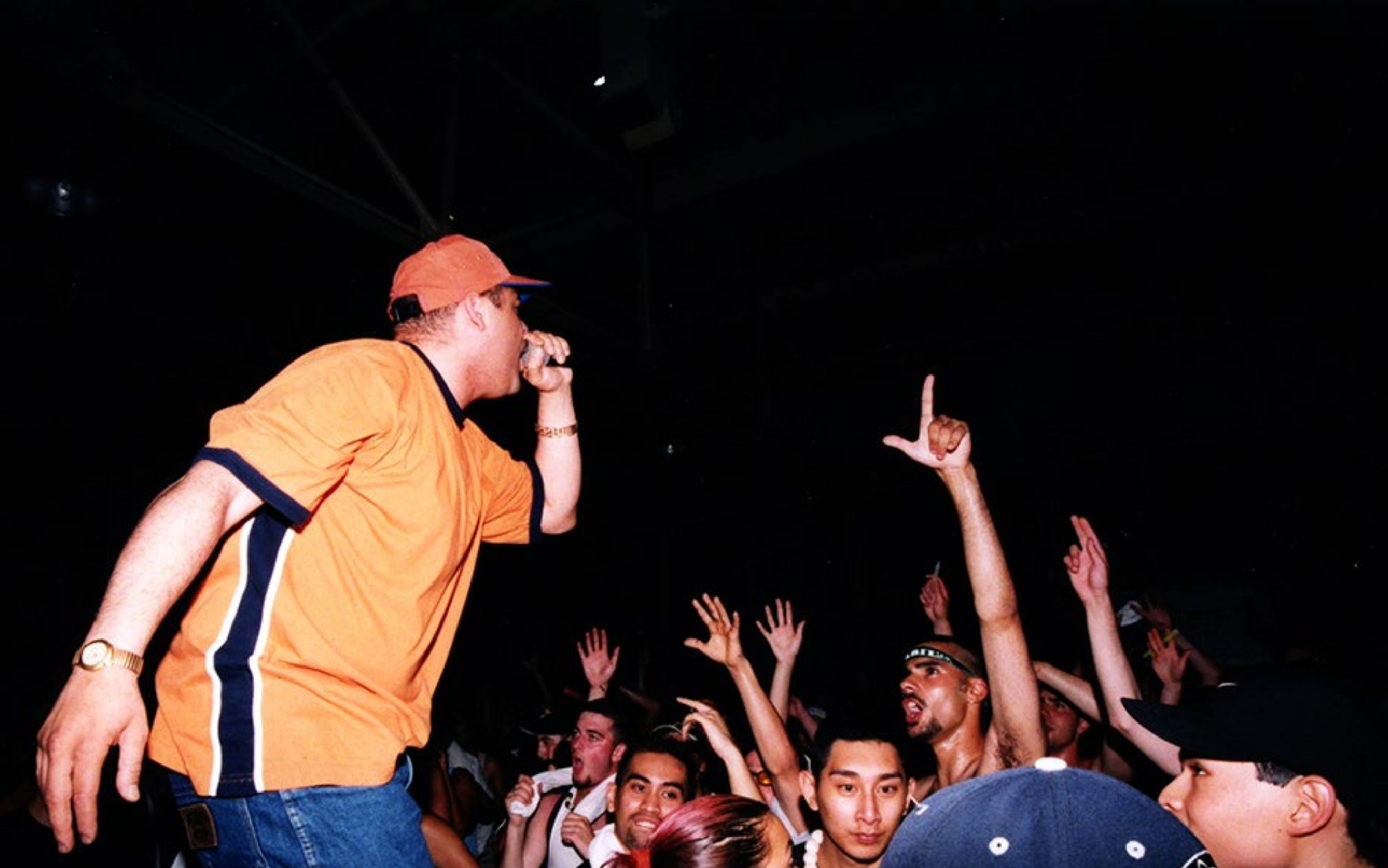
THE HIDDEN INFLUENCE
Tragically taken by a heart attack at the very peak of his powers – the first British MC of the rave era to be signed to a major label and beginning to tour the world as an artist – jungle kingpin Hyper D’s underground-to-global trajectory was the stuff of hard-won dreams. It also felt like destiny. Stevie was inseparable from the origin story of the genre he helped popularise: the Black Atlantic musical experience pollinating with UK rave and spawning a subcultural phenomenon that would form the backbone of UK street music for generations to come.
Read this next: The History of the UK House Dance Scene: A new documentary shedding light on house dance culture
Unwittingly and uniquely, the Fulham-born, Barbadian-Gibraltarian Austin physically joined the dots all the way from the Windrush generation and the reggae soundsystems of ’80s London, through the high-octane rave goldrush and jungle explosion that followed, all the way to the dubstep and grime luminaries that still talk of him as a god today. Having developed his infectious UK brand of ragga-infused chatting in the very cradle of rave (witness Apollo 440 jam ‘Teknoragga’ from 1991) and subsequently torched his way through the 4/4 hardcore parties that would morph into nascent jungle-only all-nighters by 1993, Stevie rose remorselessly to the summit on a wave of live performance electricity. He was the very definition of the music: mixed-race, unmistakably British, agile, muscular, hyper-kinetic. And just getting started.
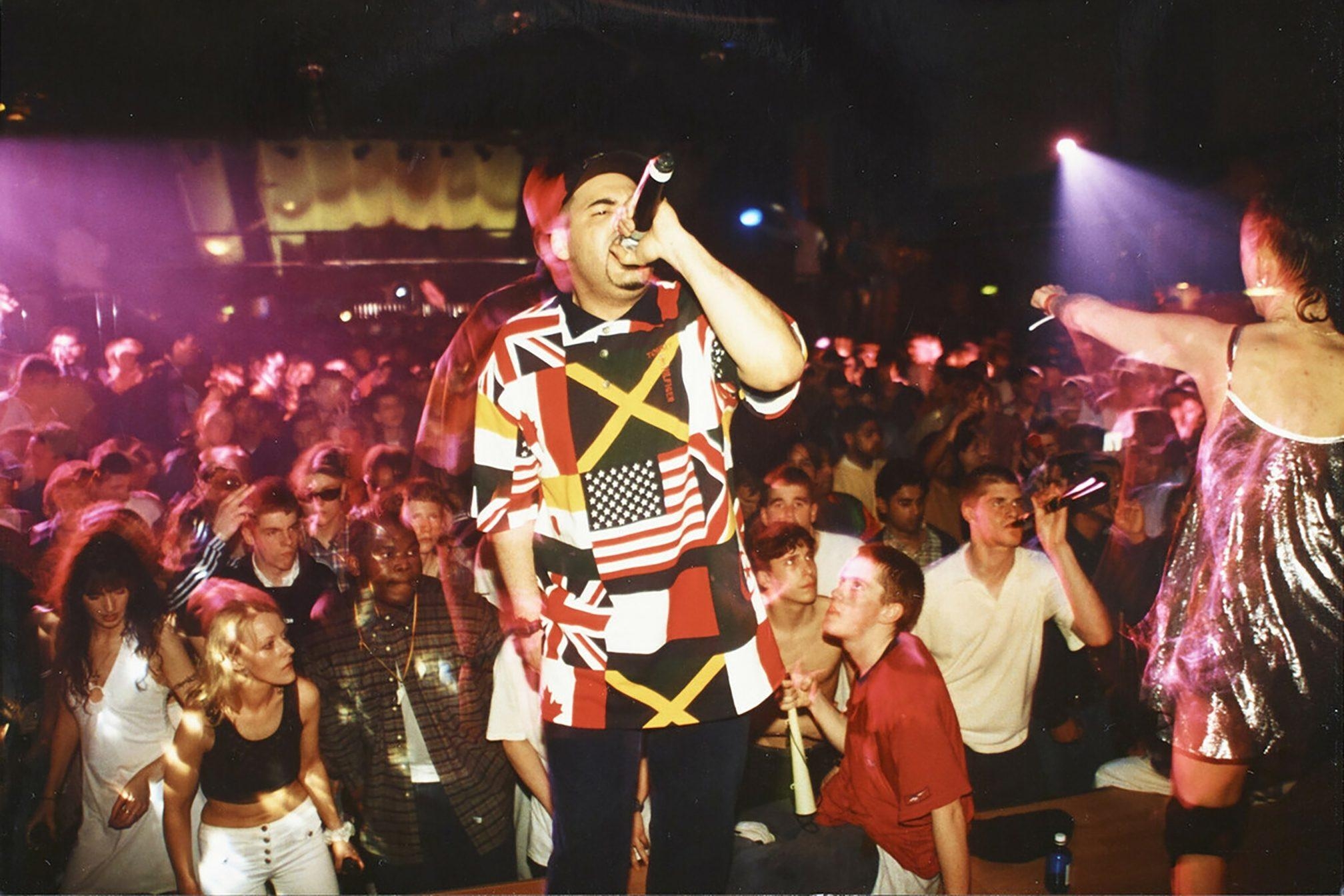
Yet with few actual records that had captured his essence, a half-finished debut LP that stalled when posthumously released, and little in the way of obtainable camera footage, this fearsome flowering giant froze in time: a legend burned onto hearts and minds, rave tapes and pirate radio rips. Adored by the jungle fraternity but largely unknown outside it, only one acclaimed radio documentary in the quarter-century since, Matthew Gale’s The Junglist Soldier: The Life and Times of Stevie Hyper D, had come close to doing justice to his panoramic imprint.
Small wonder. “It almost collapsed so many times,” director-producer Jamie Ross-Hulme says of the work of his lifetime: a 12-year project to turn Gale’s audio-only tapestry into the globe-facing feature film Stevie’s incendiary live persona deserved. A mission that has battled bankruptcy, five different editors, lockdown and interminable frustration with sourcing and restoring every possible piece of archive footage. “We originally set out to make a film as good as the 1994 jungle doc benchmark A London Someting Dis, or to make a UK equivalent of the legendary NYC hip hop film Stretch & Bobbito: Radio That Changed Lives – but we were completely out of our depth. No one told us a feature doc like this would require hundreds of individual days of editing spread across multiple years.”
Not to mention a last-gasp £50k funding black hole, as clearance issues and myriad distribution pitfalls meant a hair-raising Kickstarter campaign was needed in September 2024 to complete the final knife-edge yards. “The last few hurdles nearly finished us,” says Ross-Hulme. “Thanks to our amazing distributor Dartmouth Films, the team of people that had grown around us over a decade, and legions of Stevie appreciators, we got it over the line.”
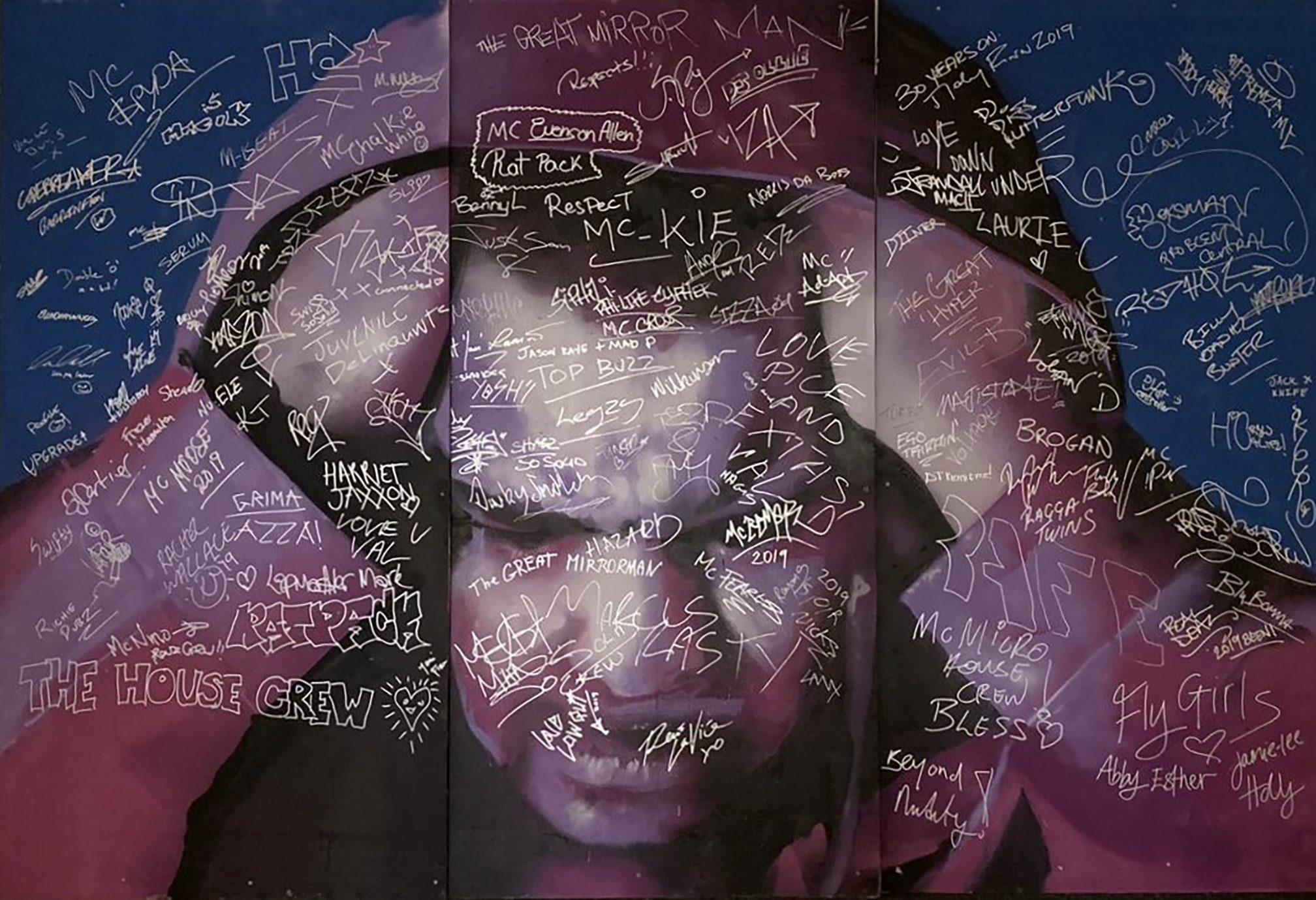
RIGHT-HAND MEN
It is the humility and drive of the remarkable Ross-Hulme, himself a talented MC from the same West London area as Hyper D, and his inevitable collision with Darrell, that has brought us here tonight. It was while Ross-Hulme was obsessively poring over Gale’s radio doc and the possibility of taking it to a new visual stratosphere, along with studying the Oscar-winning Searching for Sugarman, that Darrell was himself captivated by Ross-Hulme’s first documentary of d’n’b culture, The Evolution of A London MC, released around the same time in July 2012.
Read this next: 6 of the best documentaries exploring the highs & lows of acid house culture
Darrell called Jamie, and a partnership and friendship was born – one which was crucially strong enough to survive the decision to shelve an entire first cut of HYPER, shoot a new version and recut the whole film, with Darrell himself as the narrative anchor. “We had so many hours of rave footage, but it was a shambles. So we moved away from a typical music documentary towards a biopic-style piece, similar to Senna by Asif Kapadia, with Darrell at the centre visually and creatively,” recalls Ross-Hulme.
“I was always a bit dubious about putting myself in front of the camera,” counters Darrell. “But though this was quite hard for me in the beginning, it ultimately helped me deal with my issues from the past, and to reveal Steve’s legacy more clearly.”
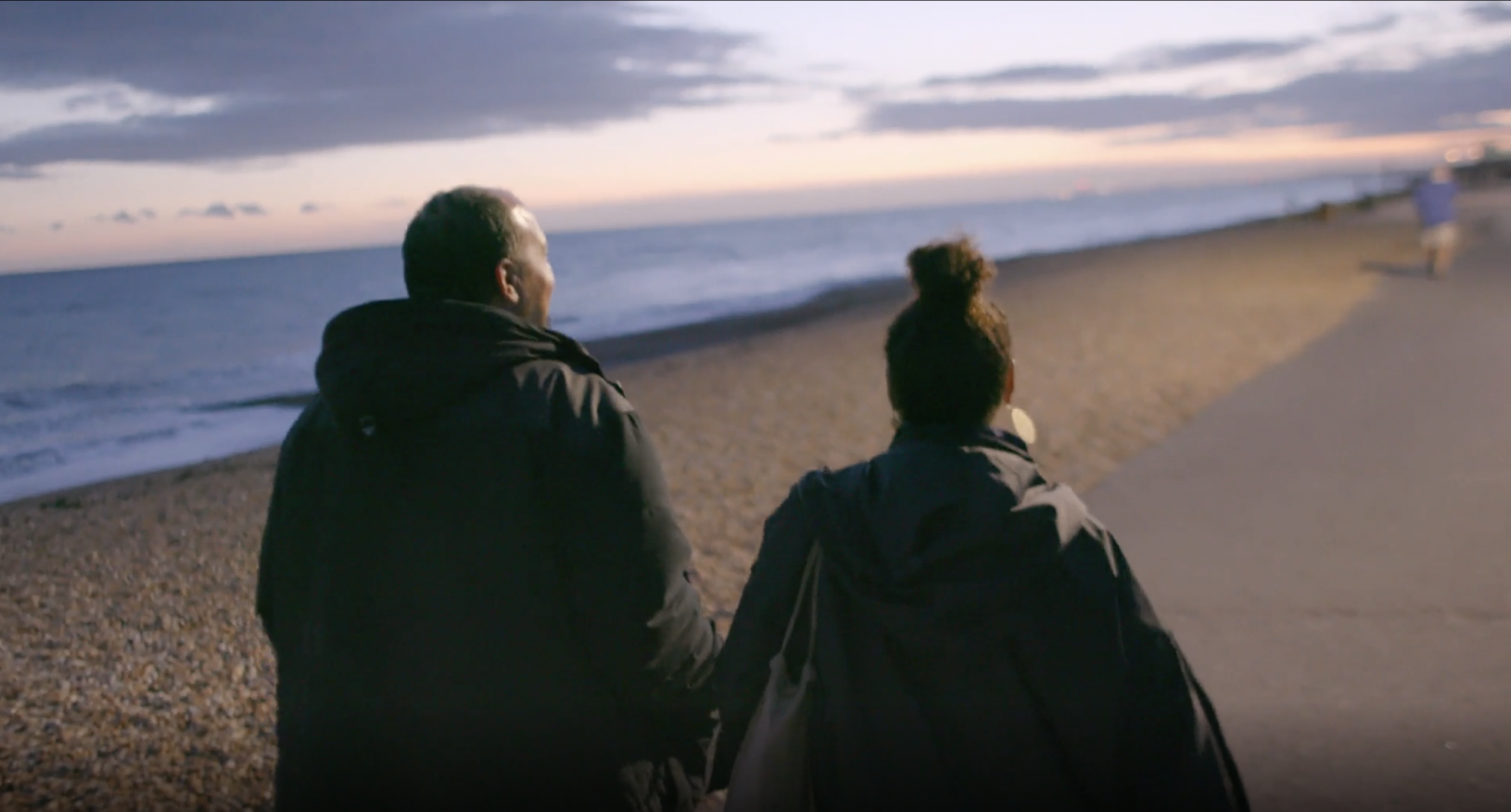
It was this key pivot that led to the more rounded, emotional, coming-of-age story today’s film has become. West London folk tale and family biopic as much as rave scene time capsule, there has never been a documentary quite like it. And where other d’n’b projects, from docs to A-list labels, may have fallen foul of accusations of misrepresenting the genre’s Black heritage, there is no mistaking the root-and-branch authenticity of HYPER. “We wanted the film to be authentic not just from a cultural point of view in terms of UK music, but also how we visually displayed our culture from a global standpoint,” says Ross-Hulme. “Darrell is of the same heritage of the Caribbean and Gibraltar as Stevie, raised in London in a certain time period of the ’70s through to the ’90s. And Darrell and I have both lived through the West London transitions we talk about: soundsystem culture into rave culture through to jungle.”
One of the many heartbreaking aspects of HYPER is how much Hyper D would have appreciated the steadfast contribution of this exceptional pair: the right-hand men whose dedication he would never get to fully see. “The hardest thing has been not just reflecting on these memories, but that Steve hasn’t been part of this new journey that we’ve managed to create,” says Darrell. “When a family has such a bright star in their clan taken away, no matter what happens, it’s hard – and will always be.”
Read this next: 50+ hours of dance music films to binge-watch
Few have done more to lever out these vast buried cornerstones of a beloved yet still underexplored UK scene. It was Ross-Hulme who also assisted this writer on a trip to Birmingham to cover d’n’b’s MC-led renaissance in 2017, eagerly updating Mixmag on the slow but electrifying steps his Hyper D project was taking – from the Austin family’s long wrangle to obtain control of the Hyper D Facebook page, to the tinderbox moment of unlocking a vault of rave footage from Garry Clarke, father of happy hardcore DJ Dougal. Further gold-dust video from early rave documenter Tom Cordell and Austin family friend Pete Roston would follow, including seminal parties at One Nation and Telepathy, opening the door to what had previously seemed impossible.
It was also Ross-Hulme – a teenage hip hop obsessive who was instantly converted to jungle discipleship by a rave tapepack, and went to his first dance only months before Hyper passed – whose rare archive interviews with the late MC Skibadee proved vital when that other titan of the mic tragically passed away in 2022. Dance music needs its chroniclers as much as its bright lights – and the delirious applause echoing round the theatre tonight, as the opening credits hit and a fountain of never-before-seen footage geysers into life before our eyes, is as much for Stevie’s indomitable two soldiers as for the man himself.
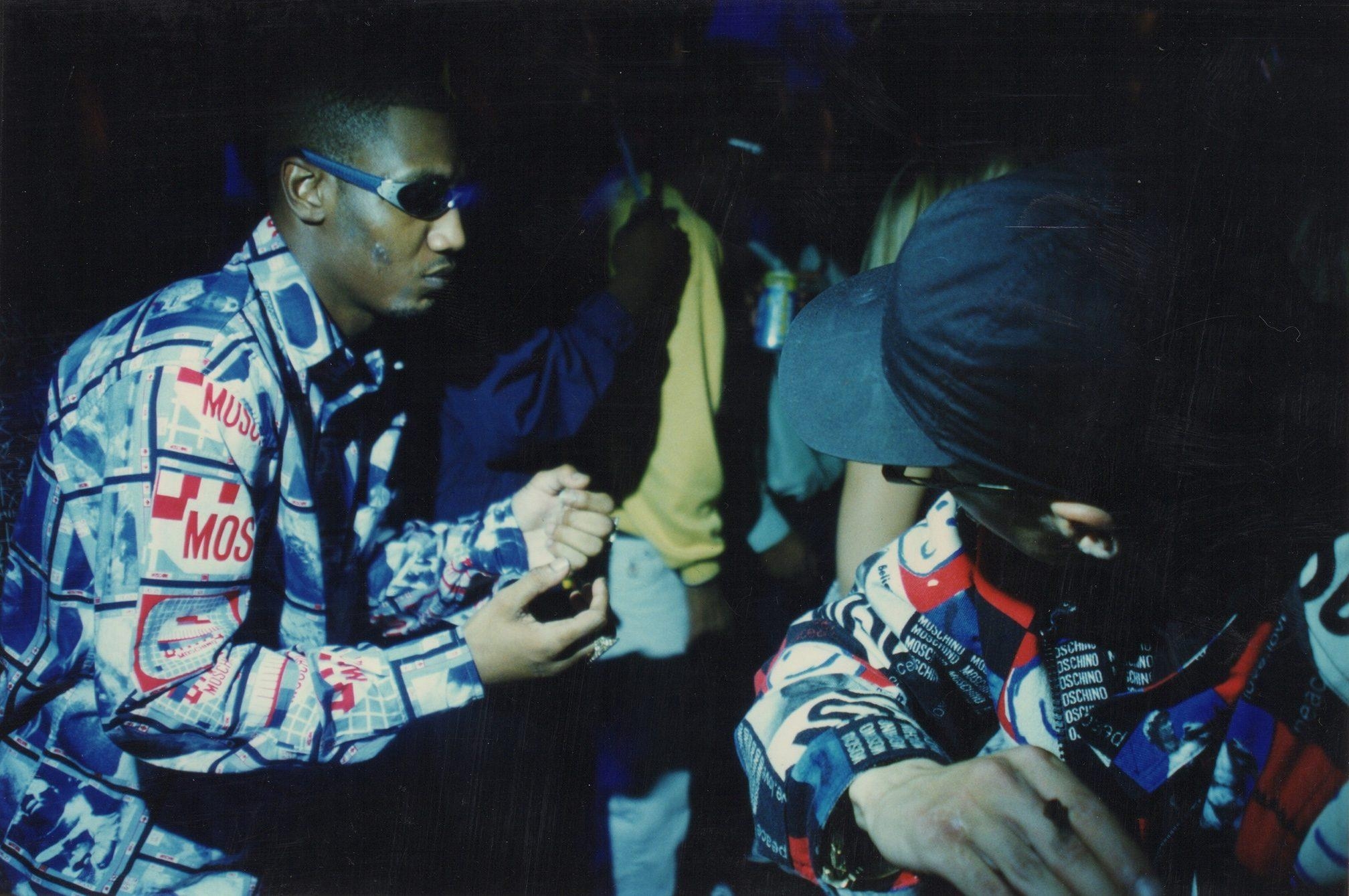
THE HIGHEST ECHELON
Delirium, however, is not quite the right descriptor, as tonight’s curious assortment of major label gurus, teary-eyed family members and breakbeat pioneers old and new gasp at images that have never been seen on this scale, with sound quality this sharp. The atmosphere is feverish but respectful, ecstatic yet guarded – framed by the spine-shivering knowledge that decades-dormant memories junglists have told their children about are finally supersizing to the world in this very room. This is an artist talked about in the same breath as Amy Winehouse – by the man who signed both of them. “It’s happened to me twice now – it happened with Stevie, and it happened with Amy”, intones the giant presence of Darcus Beese, in just one of the film’s many jawdropping contributions. The screen positively burns with unique frontline tales from the Hyper D polyverse: from garage legends Pay As U Go cartel and So Solid Crew, via UK hip hop firebrands like Foreign Beggars, to all-star d’n’b originals from Roni Size to MC Rage AKA Rebel Clash, and dance industry CEOs such as Pasquale Rotella and Beese.
And while the film doesn’t scrimp on top-tier talking heads – almost all of whom had a deep real-world connection with Stevie (no bandwagon reflections from celebrities or journos here) – it is equally the loving faces of Stevie’s family – sisters and uncles and his show-stealing mother – who guide us with warmth and humour through this impeccable textured voyage.
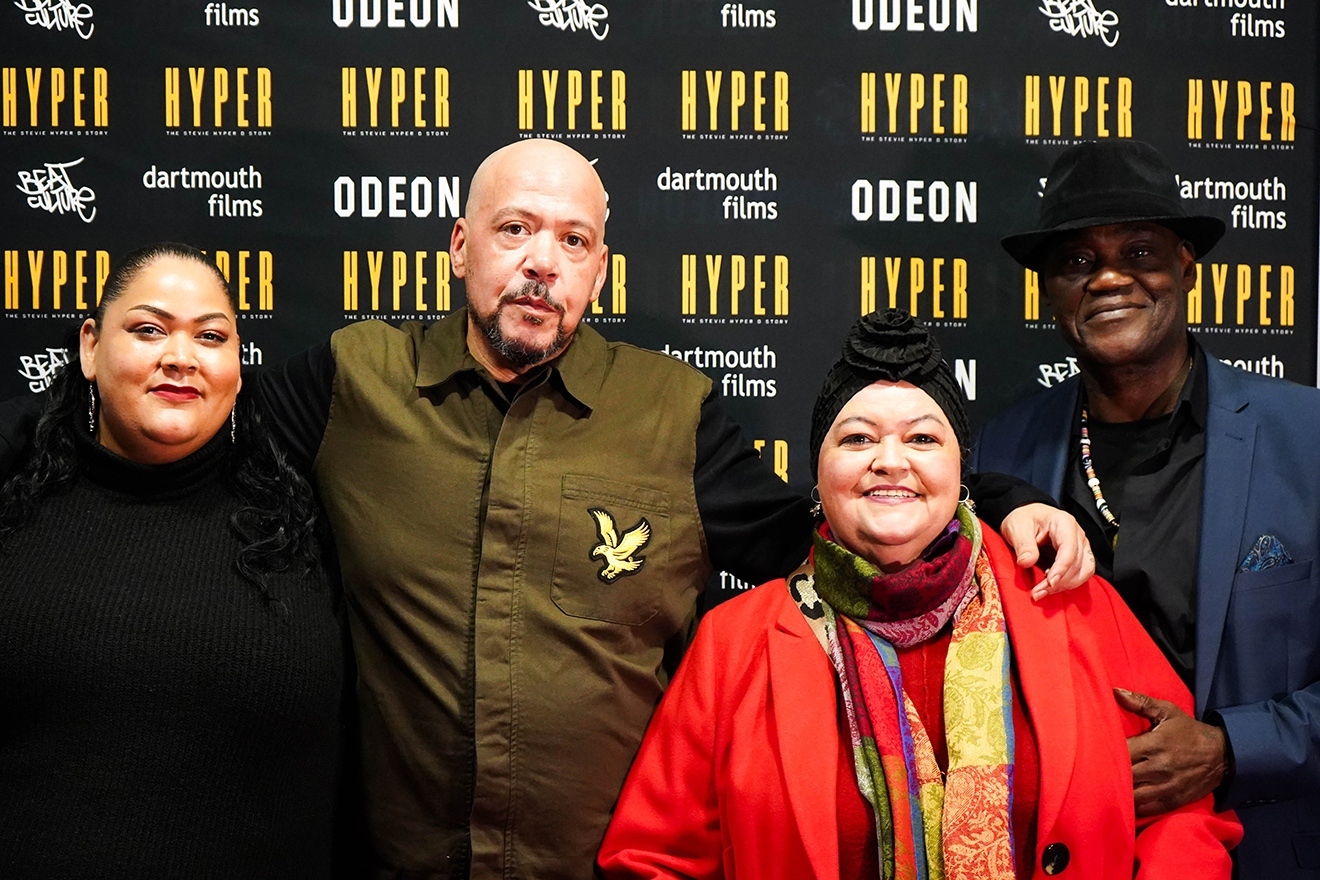
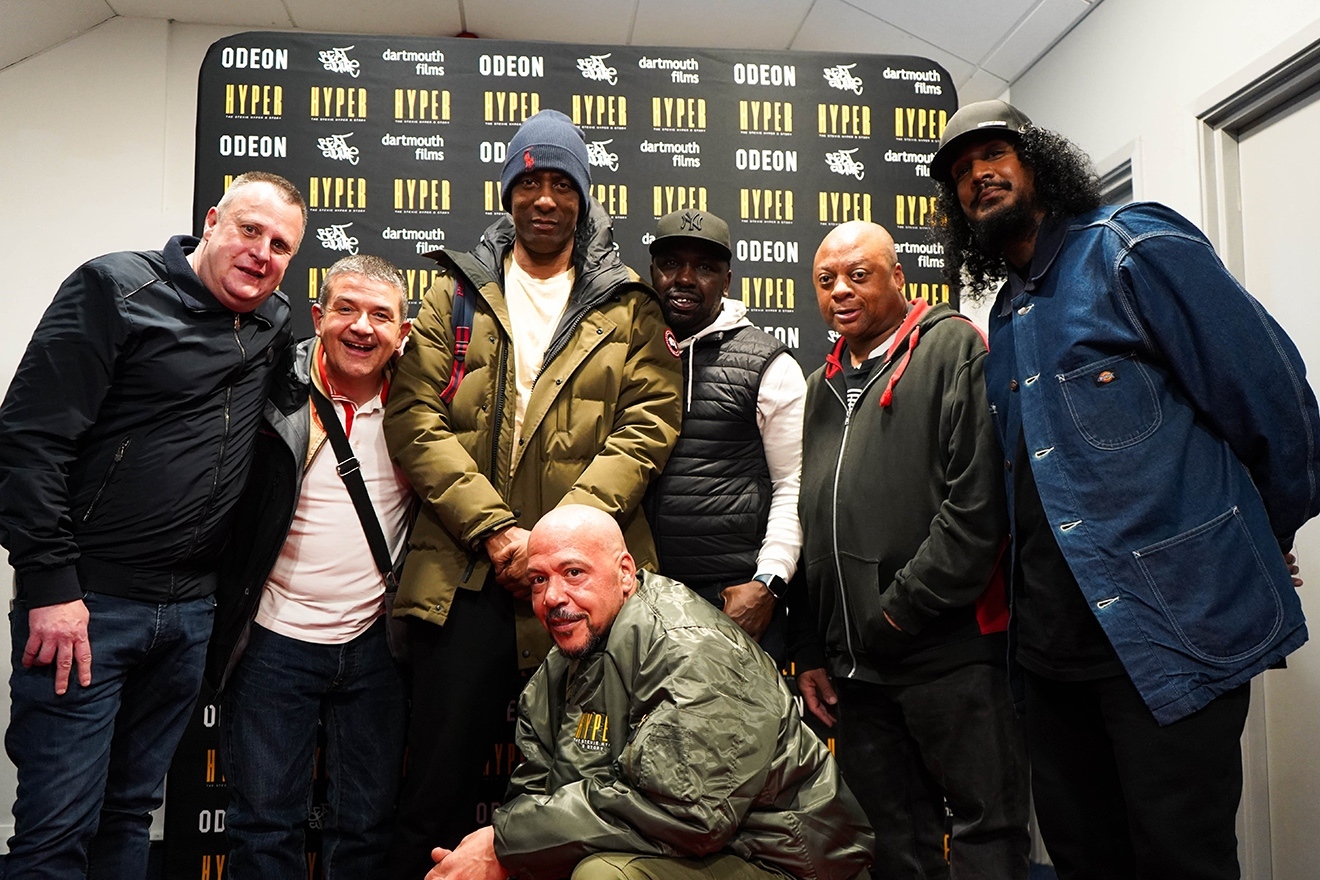
The chorus of praise is fully merited. It is arguable that without Hyper D, jungle would not have shone as brightly as an underground phenomenon, and would perhaps not have endured as the cultural reference point it is today. D’n’b’s strength has always been the reggae and soundsystem element of its heritage. Essentially a darker, more percussive sound – rhythm as melody – than the dayglo rave era from which it emerged, jungle still retained the celebratory ethic of warehouse and free parties but maxed open the sluicegates of dub and London's Windrush-inspired soundsystem culture to form its own new bloodstream. Its first-wave producers chose well, opting for authentic and organic sounds over the period's zippier, syrupy ones: sculpted reggae bass notes and lovingly micro-processed drum hits taken from original funk breaks. (Make no mistake: Black music.)
Read this next: John Frusciante: “Jungle is my favourite kind of music ever”
Hyper D's style, exuberant live skill and ethos was the kicker: he above all others developed the unique relationship between music and crowd that came to represent a UK jungle party. Austin was the finest and most influential MC of the era because of his sheer range of original markers: pioneering the fusion of rapid double-time ragga chatting with high-tempo rave music; creating cheeky call-and-response catchphrases between MC and crowd (that are still heard at drum 'n' bass raves today); switching to mellifluous signature singing in an instant; using quirky British cultural references in his lyrics; and prioritising a "one love" celebratory unity above all else, drawn from his upbringing in soundsystem culture, which set the tone for jungle and drum 'n' bass parties forever. Without Stevie's positivity and humility, drum 'n' bass MCing and thus the entire genre might well have fallen victim to the negativity and gangsterism that harmed other UK dance genres of the period. “I’m just a junglist soldier / Fighting to keep the jungle alive” – as another of his immortal catchphrases reminded us at every opportunity. Hyper D literally grew, shaped and schooled the culture.
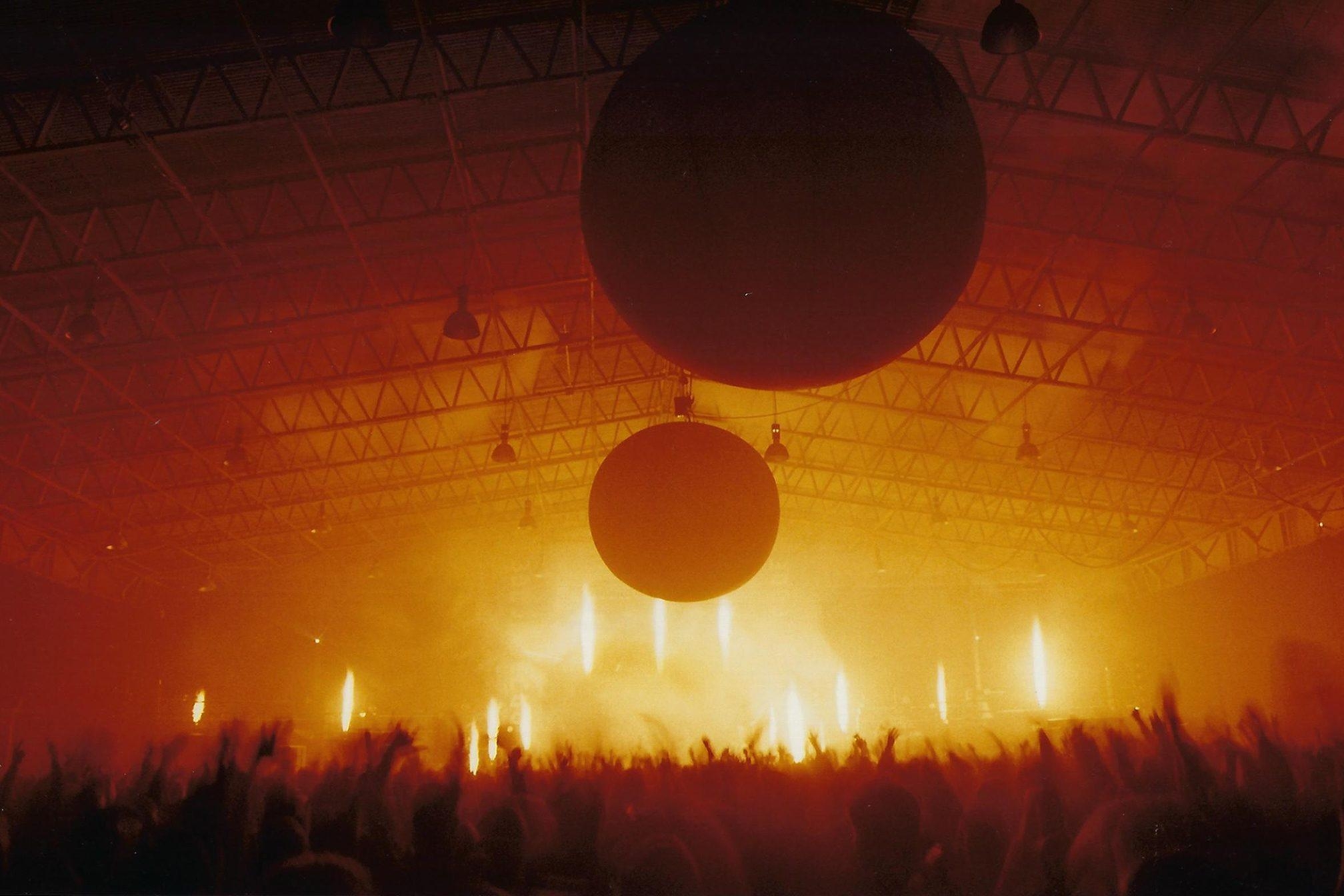
PARALLEL LINES
Yet despite nailing a film that feels accessible to fans of all music history, let alone UK dance enthusiasts or jungle nerds, an elephant in the room persists. Why did other breakout stars such as General Levy permeate the national consciousness via jungle in the ’90s while Hyper D did not? “That’s a really good question,” Darrell tells Mixmag, as we reflect on an area outside the film’s scope. Famously, General Levy and Mbeat’s all-time jungle howitzer ‘Incredible’ remains the primary contact point British music fans had, and will have, with the genre’s signature energy. A track for the ages. Whereas Hyper D’s long awaited album ‘The Next Step’, released on Island Records in 1999, was an introspective affair that just didn’t cut through. Without the magnetic Hyper D to tour it, ‘The Next Step’ was tragically anything but. “It just didn’t sound like the Steve people knew, and he wasn’t there to push it, to make it make sense,” Darrell admits. “The record label didn’t shelve it, but the industry did to an extent.”
Read this next: The 20 best jungle mixes spanning 3 decades you can listen to online
So was there a rivalry with General Levy? What did Stevie make of ‘Incredible?’ To chew the fat with the unassuming, intensely knowledgeable Darrell (whose not-always-rosy relationship with his uncle forms a central strand of the film’s tension) is to feast on the unknown riches of a golden era. “To be fair, ‘Incredible’ is a banger, it was a banger then, and it will always be a banger,” he laughs. “The irony was that in 1994 Steve also had his first successful jungle release with Kenny Ken and D.R.S’s ‘Everyman’ – a tune that had huge underground impact.”
And yet, at the first Jungle Mania night, just as Hyper D’s star was approaching the highest echelons of recognition at A-list raves from Thunder & Joy to Telepathy, there was a problem. “When Kenny Ken played it, to our surprise Steve’s voice had been dramatically slowed down on the record. He sounded totally different. This tune was like his introduction to the jungle scene and it was being played in every jungle set – by 1995, everybody had a remix of it – but it just wasn’t Steve. For someone as hungry as him it was a really frustrating moment.”
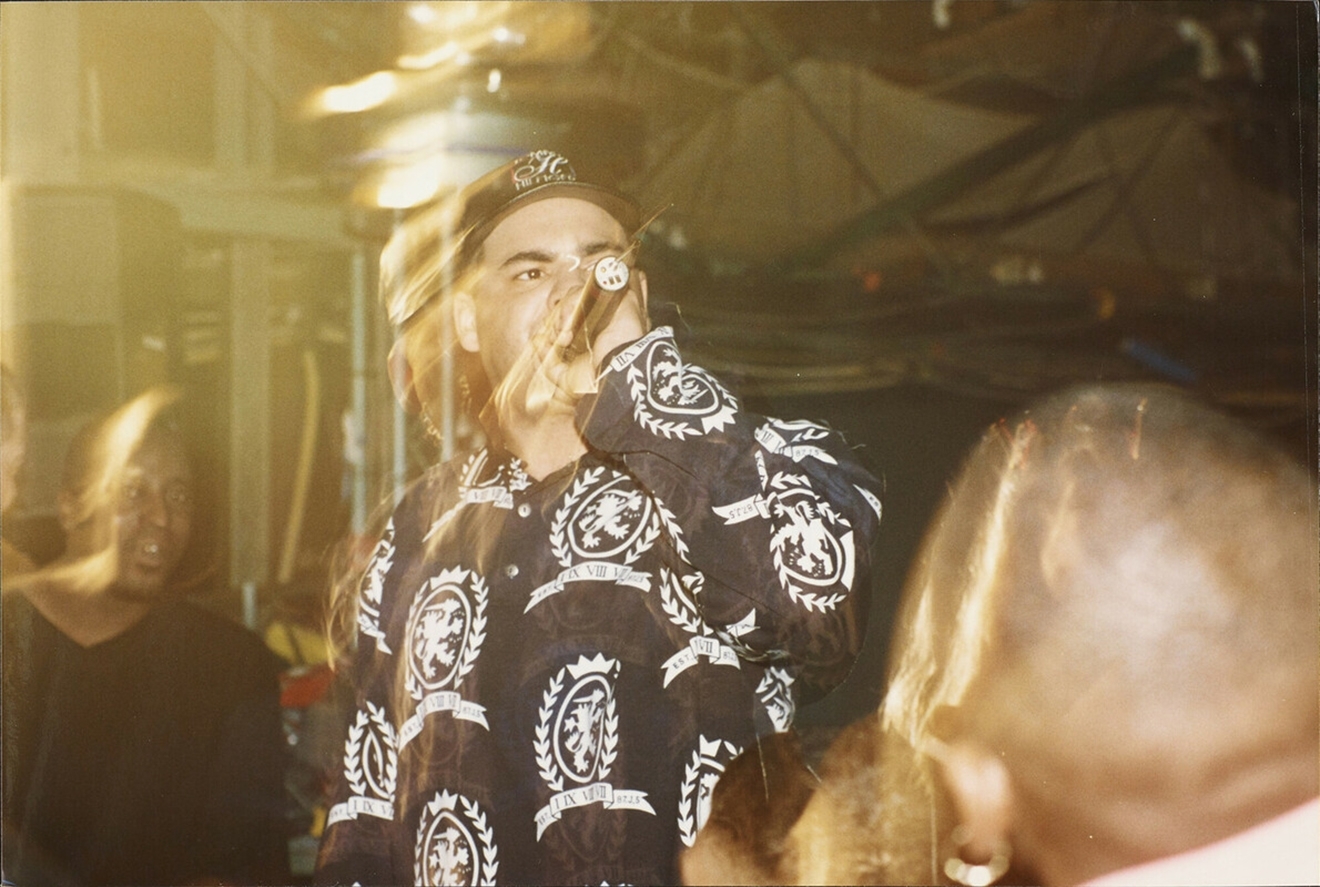
By contrast, Levy was of course already a household name in the dancehall industry in the UK, and had an international profile too. “He came in with a bit of a head start, and when he came out with ‘Incredible’, it was certainly a real eye-opener – it proved to Steve that you could make a career out of jungle. But then when General made that statement to the effect of ‘we run this thing, we invented this thing’, it also taught Steve a lesson. He saw how you could have the popularity, but you still had to pay respect to the foundations.” Infamously, it was Levy’s allegedly misinterpreted media comments in the wake of the tune’s chart success that saw him blacklisted from the scene for several years – a salutary lesson for the young Hyper D.
Regardless, lacking a signature tune to match his status in the clubs, as tracks like Shy FX’s ‘Original Nuttah’ also broke through and blared from car stereos as Britain swooned over a bold new sound, must have hurt. “Of course,” agrees Darrell. “There was the parallel of General Levy having his incredibly successful track and Steve having his underground track out but not in the way he wanted – and then the madness with General’s comments on top. Steve was actually one of the MCs that went on Kool FM in the aftermath to explain why Levy had rubbed up so many of the MCs the wrong way.”
Ultimately, Levy’s swift rise and fall encouraged Hyper D to sit tight over his situation with the Kenny Ken track. “It was like career counselling! When ‘Everyman’ came out, Steve was like ‘well, I’ll just have to accept it’. So 1994 was a real learning curve for him because he realised that no matter how big you want to be, you have to respect the heritage. Steve just had to suck it up.”
By this point, the ravenous Hyper D was wrestling between trying to get his voice onto plastic or just continuing with live performances. “He wanted to be the best. He wanted to get signed, to get a deal, and to be on Top of the Pops – that was the era he came from, that’s what you did. But he was so humble at the same time. He realised he would just have to take the L, come back, and smash it.”

A NEW ERA
And smash it Stevie would – even if it took 30 years. Perhaps most thrillingly tonight, we also stand on the precipice of a new era, as the hottest d’n’b dubplate of 2024 (the strictly-under-wraps Gorgon City x Bou x Stevie Hyper D collab ‘Move Ya Body’) continues to decimate dancefloors on its rare outings – reanimating Hyper D’s signature flow with the pin-sharp production it always deserved.
As Gorgon City’s Matt Robson-Scott tells Mixmag: “It’s amazing to see the new generation of ravers going crazy to Hyper D’s lyrics. It’s something that we experienced as young ravers in London when MCs like Skiba and Shabba D used to sing his lyrics live. To keep Stevie’s amazing voice and melodies alive is a great honour. Bou [the Manchester production wizard who is currently the #1 draw for today’s hungry young d’n’b hordes] is killing it right now so it’s great to have him on board. Hopefully the tune and the film will show people how important that era was for the genre and help them to delve deeper into the history of the culture.”
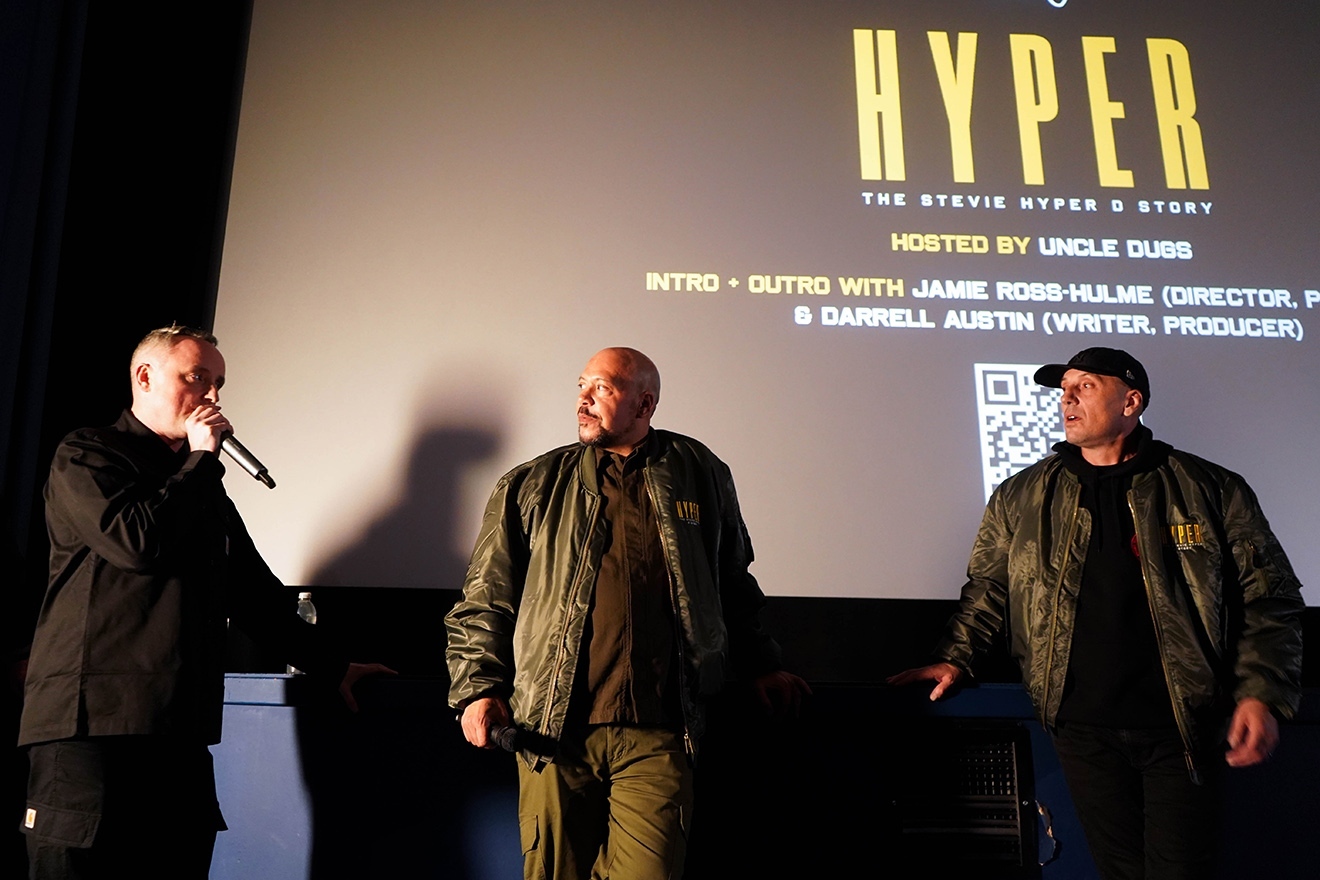
In another sliding doors reality, Stevie Hyper D develops and completes his jazz and hip hop-infused first album, and tours it to acclaim – ‘New Forms’ with a rockstar frontman. He also makes 10 bangers the equal of ‘Incredible’ and becomes the household name of jungle forever. Given the sheer prolific breadth of his catchphrases, jingles, lyrics, songs and choruses, and the hunger with which modern elite producers are currently experimenting with them, had he gone on to work with the Chase & Statuses, we might all be living in Hyper D’s world.
And we may yet. As the end credits pulsate through the auditorium and associate producer and vital project supporter Uncle Dugs of Kool FM prepares to outro the disbelieving crowd, we hear the strains of another 2024 unreleased Hyper D cut: Logan D’s ‘Jungle Music’. The biggest roar of the night goes up. In giving life to these treasured sonic leylines, which stretch back fully three decades, the film’s final gift hits hard. Finally: Stevie’s voice as it always should have been.
To patiently and sensitively exhume the hallowed legend of Hyper D. To clothe it in unheard archive wonders and create the cinematic vessel his signature magnetism always deserved. To help the Austin family steer a proud new course through the tragic master-narrative of their lives, and raise up the great buried cornerstone of jungle heritage to its rightful place in the sunlight. To sculpt a proud notch on the great edifice of UK underground musical culture, and give a three-generation-deep tribe of UK junglists their day in church. For this and more, we salute a remarkable achievement.
“Junglists are you re-ea-dy?” We are now.
HYPER: The Stevie Hyper D Story, distributed by Dartmouth Films, is released in Odeon cinemas from November 19
Bou x Gorgon City x Hyper D ‘Move Ya Body’ (forthcoming Winter 2024/25); Logan D x Hyper D ‘Jungle Music’ (forthcoming Winter 2024/25)
Ewen Cook is a freelance writer and Mixmag’s former drum‘n’bass editor. Follow him on Twitter


